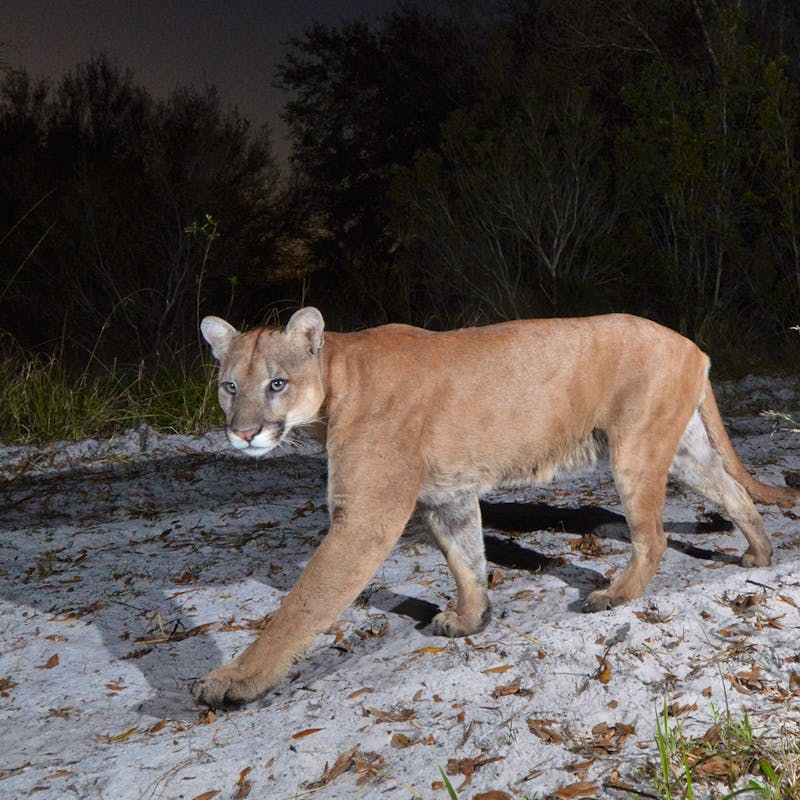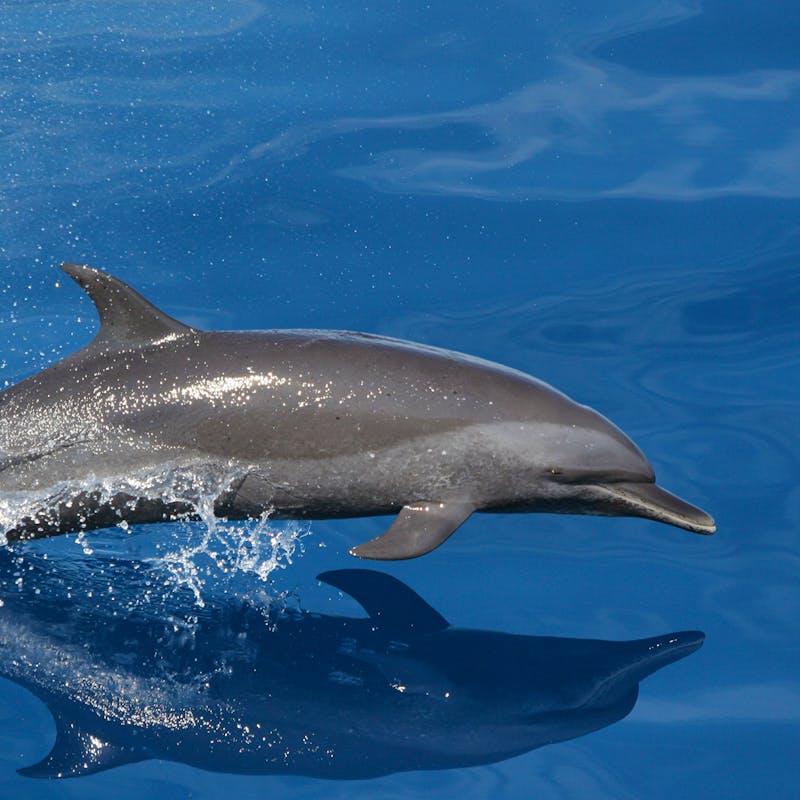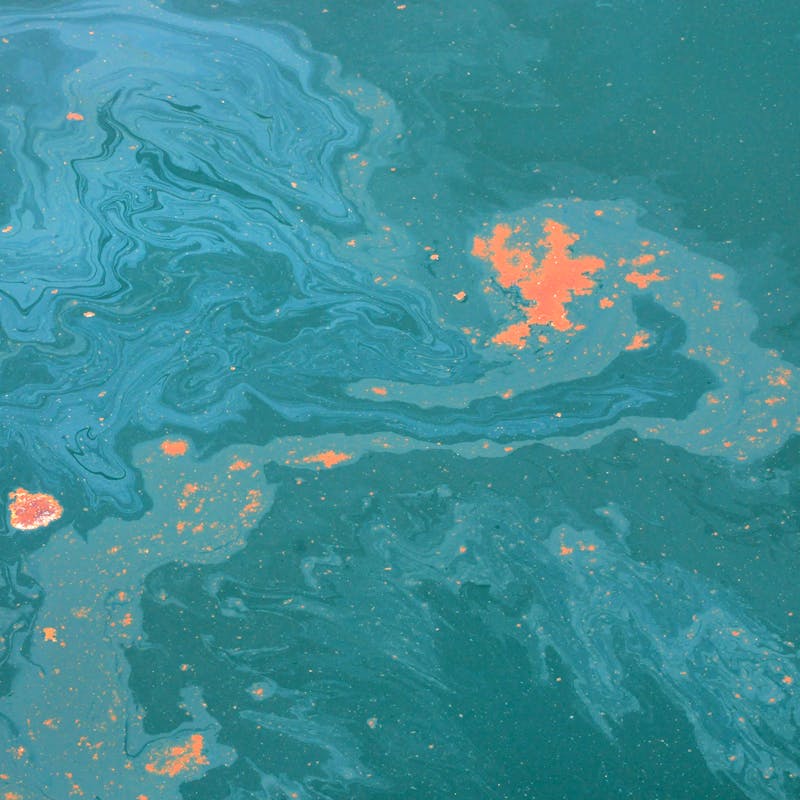The Gulf coastline isn’t the only habitat feeling the effects of the Deepwater Horizon oil disaster. Sargassum, better known as gulfweed or sea holly, clump together to form large, floating biological oases in the nutrient-poor surface waters of the deep Gulf. The seaweed plays a significant role in providing food and shelter for a wide variety of marine life, from crabs and baby sea turtles to seahorses.
Seahorses blend right in and find food, shelter—and a free ride—in the dense, floating mats that blanket the surface of the deep waters of the Gulf of Mexico. But damage caused to Sargassum and other seahorse habitat by the spill could mean serious trouble for these special fish.
Elizabeth Fleming, from Defenders’ Florida office said, “Seahorses are extraordinary and unique fishes, but unfortunately, very little is known about their status in the Gulf of Mexico and the extent to which they may have been impacted by the Deepwater Horizon oil spill. In the Gulf, seahorses are taken in large numbers in nets as bycatch, collected for the aquarium trade and for use in traditional Asian medicine, and their habitat is under siege from numerous threats, including the oil spill. 
“All seahorses are flagged for conservation action by the International Union for Conservation of Nature’s Red List of Threatened Species and their international trade is regulated by the Convention on International Trade in Endangered Species. But despite these listings and a public fascination with seahorses, I’m afraid their plight is flying under the radar in the United States. There is an urgent need to investigate the possibility of extinction of the dwarf seahorse in the wake of this tragedy as well as the extent to which all seahorses in the Gulf of Mexico are being threatened.”
Read more about how the Gulf oil disaster poses an extinction threat to seahorses.
Learn more about the threats to Sargassum and the marine life it supports in our new factsheet.







Follow Defenders of Wildlife
facebook bluesky twitter instagram youtube tiktok threads linkedin